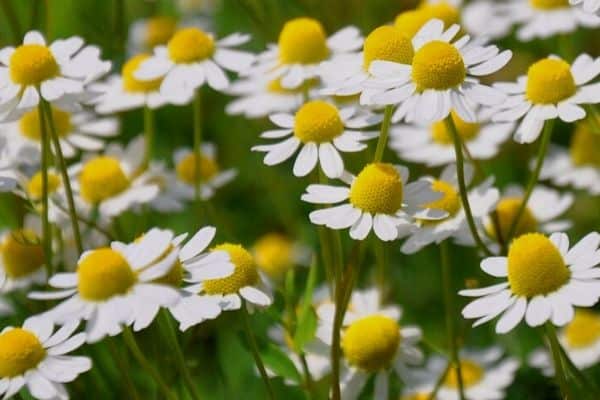
Flowering herbs create a beautiful landscape and sweet fragrance within the home environment. Some also have medicinal value, hence worth growing around the home.
Besides their multiple benefits, flowering herbs are easy to grow and require a little maintenance. So, how can one keep a garden full of flourishing flowering plants around the home?
Here are vital tips to take care of an herb garden.
Regulate Sunlight Exposure
Flowering herbs can grow anywhere, including in a spacious yard or a small container on the balcony. However, most homeowners prefer keeping them in flower beds near the home due to their lovely appearance, especially during the flowering season.
Regardless of the spot, homeowners should allow sufficient exposure to sunlight to prevent stunted growth. Generally, herbs require 6-8 hours of direct sunlight every day.
However, too much sunlight without frequent watering may also wither the plant. Therefore, gardeners should regulate sunlight exposure during intense sunny days. Homeowners may thus expose herbs to the early morning sunlight and provide a covering over the plants during the day.
Water the Plants Regularly
Like other plants, flowering herbs require a constant water supply to remain hydrated. A good rule of thumb is to water the plants twice every week in the morning to prevent water from evaporating into the air.
However, herbs require watering at least twice a week during hot weather until the onset of rains. Herbs planted in containers will also need much water since their roots are confined within the containers.
Gardeners should also take precautions not to overwater the herbs since too much water may cause rotting diseases. A practical approach to watering is soaking the soil and allowing sufficient time for drying.
Prune Overgrown Branches
Pruning helps maintain the plant’s health in many ways. First, a regular pruning cycle prevents the growth of new plants, leading to lush, thick canopies. Pruning also helps extend the growing season by preventing the formation of flowers. Eventually, gardeners can enjoy an extended harvesting season for valuable herbs such as basil.
Ensure Proper Soil Drainage
Herbs thrive in well-drained soils away from flooding. Gardeners should therefore watch for signs of waterlogging, especially on flower beds. If there’s too much clay, a mixture of garden soil may help promote water drainage.
Keep the Garden Weed-free
Keeping the garden weed-free is a crucial step to having healthy flowering herbs. A garden full of weeds exposes the herbs to choking and nutrient deprivation. Eventually, the leaves will turn yellowish, followed by stunted growth. Weeds may also attract pests which may harm the herbs if not controlled.
As a result, a regular weeding of the garden comes in handy to keep weeds at bay. A general thumb rule is to check on weeds every week and remove them immediately.
Replant Excessive Shoots
Some herbs may develop excessive shoots, which will compete for nutrients if not separated. Therefore, flowering herbs require frequent separation, where many shoots grow from the same plant. Gardeners should split excessive shoots and plant them back into the ground while observing the correct spacing.











